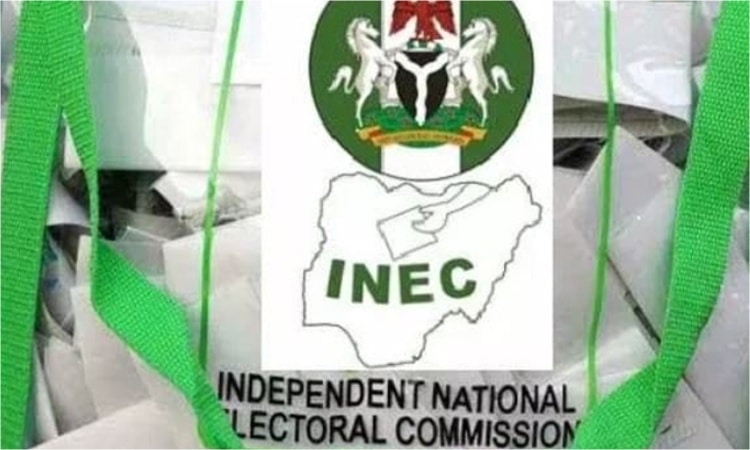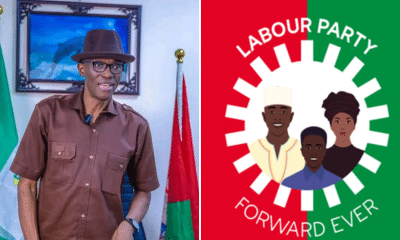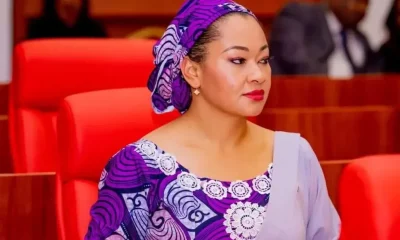2023 Election
INEC Debunks Manipulation Of Kogi Governorship Election Result On IReV

The Independent National Electoral Commission (INEC) has debunked reports that the commission manipulated accredited figures of voters in the Kogi Governorship Election results uploaded on the INEC Result Viewing (IReV) portal.
Recall that on Saturday, November 11, there were off-season governorship elections in Kogi, Bayelsa, and Imo states.
During and after the elections, there were widespread reports that there was manipulation of the process by agents of INEC.
One of the most viral reports was that INEC tempered with the figures of voters in the Kogi Governorship Election results uploaded on the IReV portal
Dino Melaye, the governorship candidate of the People Democratic Party (PDP) who came second in the governorship election in Kogi, took to his X page to share pictures indicting INEC of tempering with the data.
However, a statement issued by Mohammed Kudu Haruna, the National Commissioner and member of INEC’s Information and Voter Education Committee, on Tuesday, November 14, described such reports as “unfounded”.
The statement continued: “For the avoidance of doubt, the most accurate and up-to-date Voters’ Accreditation Data is available in the Bimodal Voter Accreditation System (BVAS), which is used for the authentication and accreditation of registered voters at various polling units on election day. It automatically retains the accreditation data of all voters.
“The BVAS is designed to primarily work offline without Internet connectivity, which facilitates faster and seamless authentication and accreditation experience for voters. However, when its application is active or in use, depending on the strength of its connection to the Internet, the BVAS automatically exports the accreditation data to the Accreditation Backend System (ABS).
“This exportation of data does not happen when the device’s application is inactive or when the internet connectivity is poor. The same experience applies to a situation where more than one BVAS gadget is used at a polling unit with more than 1,250 registered voters. This could be compared to a situation when poor network services delay the delivery of an SMS sent from one individual to another through a mobile phone.
“At the close of the poll, Presiding Officers are expected to press the data exportation button on the BVAS to ensure that all the accreditation data are exported to the ABS. This process referred to as ongoing synchronization, could lead to changes in the accreditation figures as more data flows in to update the existing figures. This is the basis for the caveat provided on the IReV portal, regarding the accreditation figures. The accreditation data cannot be changed on the BVAS after the close of the poll.”












